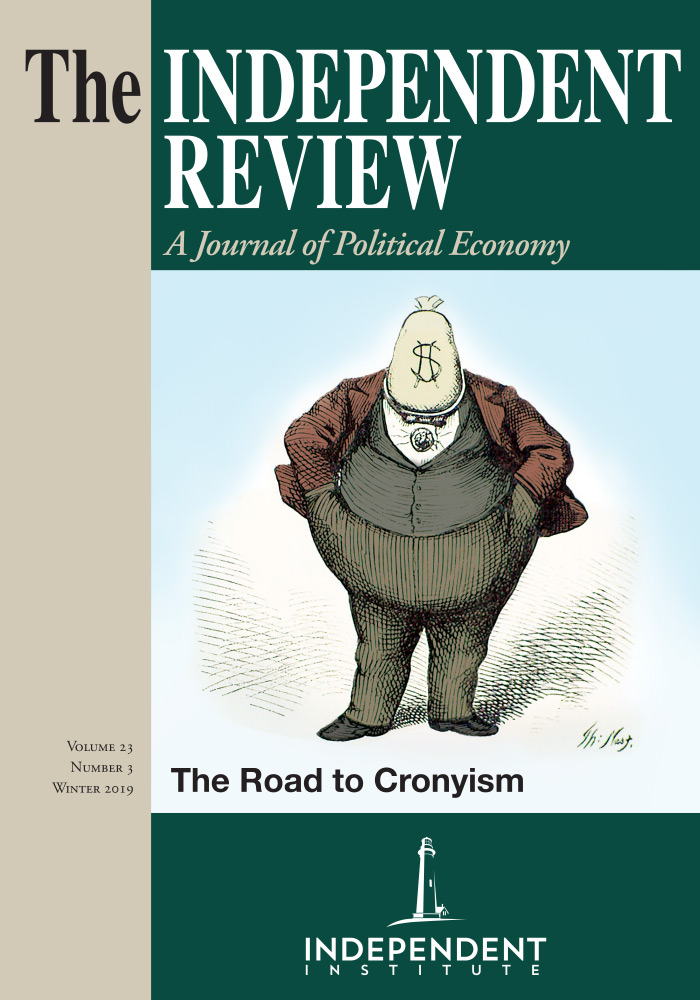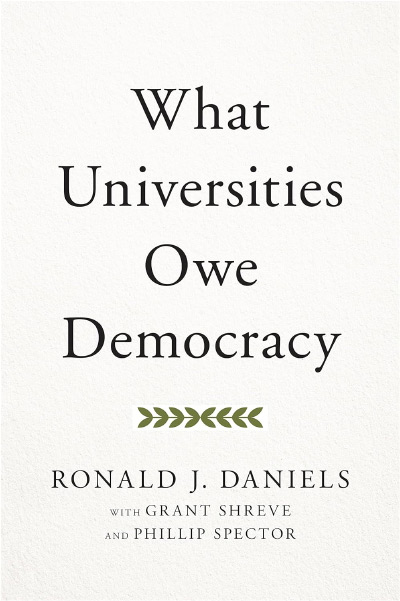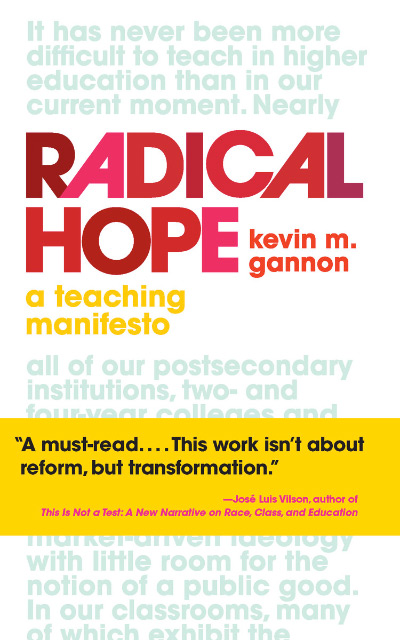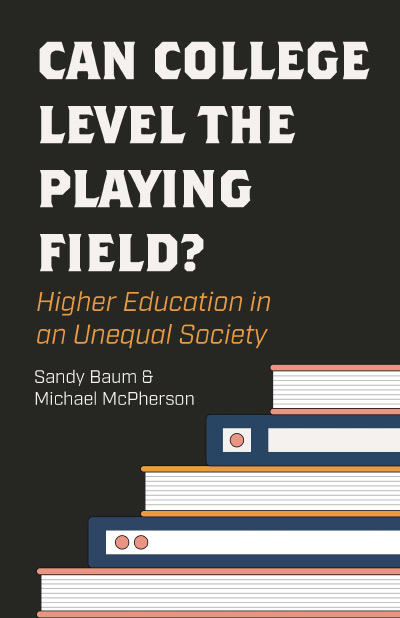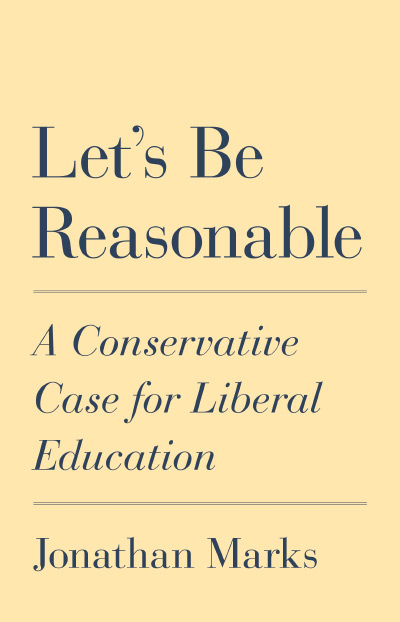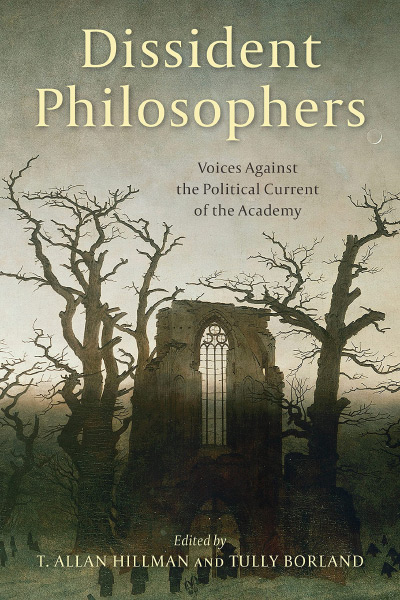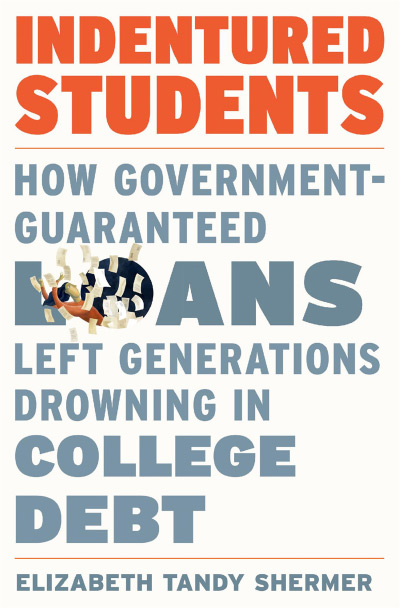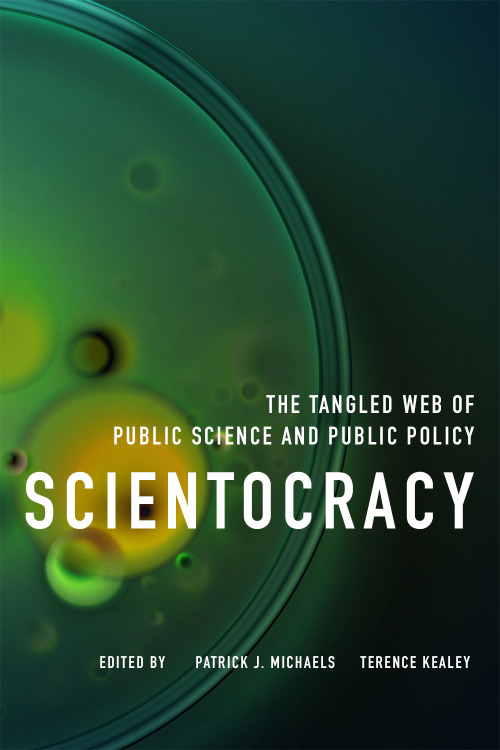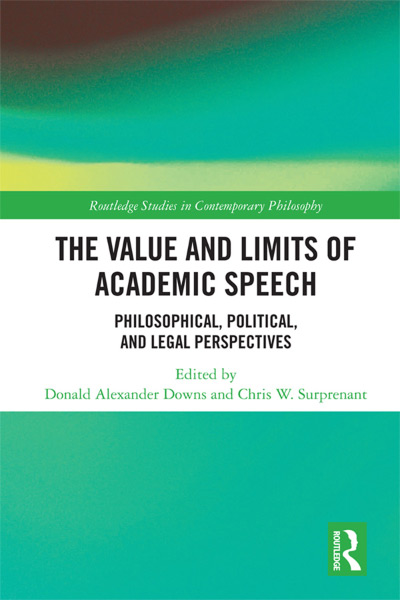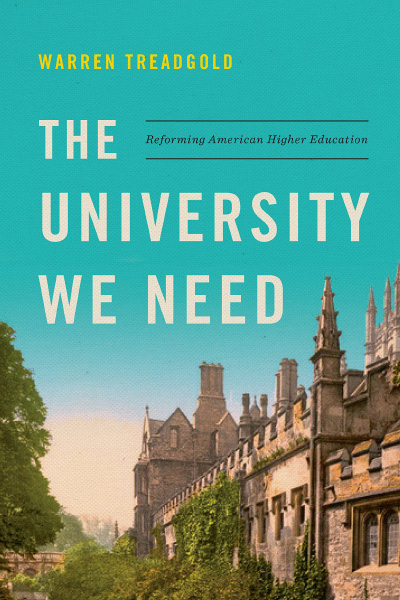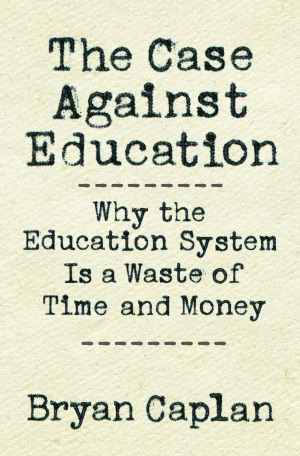Books like How Economics Professors Can Stop Failing Us come along every year or so and are routinely ignored. Much of what they say should be taken seriously but they have a slim chance of changing anything important because of the incentive structure built into the economics profession. Because of this, Steven Payson has elected to make his case as dramatically and emphatically as possible. He is angry and doesn’t hold back. It seems that he throws every bomb possible, but the profession’s armor is thick, so not much can be achieved, especially because some of his bombs are duds and a few are badly off target. (Payson has worked as an economist for the National Science Foundation and the Departments of Agriculture, Commerce and Interior; has taught as an adjunct professor at Columbia, American, Virginia Tech, Georgetown and other schools; founded the Association for Integrity and Responsible Leadership in Economics and Associated Professions (AIRLEAP); and has served as president of the Society of Government Economists.)
Payson’s key charges are that because academic economists lack a “commitment to contributing to useful knowledge,” their work is dominated by two major forces: “the mathematical games that are played for the sake of getting published and acquiring grant money” and “cronyism within the profession” (p. 10). He suggests that if economists weren’t plagued by these problems and these professors cleaned up their act, “then perhaps the Great Recession ... could have been avoided” (p. 15). Economics professors could have saved the world about $20 trillion in damages!
His first charge is that—when it comes to economics—mathematics “does nothing useful other than to show that the author is good in math, and that is all” because, as is commonly known in the profession, “assuming the author’s proficiency in mathematics, the ‘findings’ of the study are determined precisely on the basis of the assumptions” (p. 32). Like many other arguments in How Economics Professors Can Stop Failing Us, the statement goes much too far but does lean in the right direction. However, his contention that “literature only” economic theory dominates the profession seems quite dated to me. It ignores the massive turn toward empiricism in economics over the past few decades. Take a look at an issue of a well-respected economics journal, such as the top-rated Quarterly Journal of Economics (QJE). You’ll see that most papers are not hidebound, game-playing mathematical exercises, but interesting and wonderfully varied empirical investigations. The August 2018 issue of the QJE, for example, has articles on the impact of neighborhoods on intergenerational mobility, how international economic development is tied to the configurations of airline routes, the effects of post-World War II housing credit policy, and the energy efficiency effects of weatherization assistance programs, among others. The turn away from pure theory toward empiricism has been driven partly by the falling costs of computing power and recently has been demonstrated in the field of macroeconomics. Philip Glandon, Kenneth Kutner, Sandeep Mazumder, and Caleb Stroup’s “Macroeconomic Research, Past and Present” (August 2018) shows the share of “pure theory” papers published in the leading macroeconomics journals fell approximately in half between 1980 and 2017. On the other hand, Payson would probably decry the fact that they have been replaced by “model fitting” papers, which rely heavily on the mathematics that he finds useless. The trend toward empiricism (and move away from excessive, mathematical theory) in economics is especially noticeable in the influential research done at the National Bureau of Economic Research (NBER). I have read many NBER working papers over the past couple decades—and the media and politicians know about them too. Surely they undercut Payson’s argument? Instead he asserts that they, too, are “controlled and peer reviewed predominantly by academic, theoretical economists” (p. 138). This implies to me that Payson’s definition of “theoretical” economics is simply too broad.
While there is room for debate about the optimal amount of math, it is much harder to support Payson’s claim that economists’ research doesn’t take seriously the warning that correlation is not causation. This claim strikes me as completely off the mark. I have sat through many seminars where the author spends most of an hour going to great lengths and using impressive creativity trying to get at causation, knowing full well that mere correlation cannot demonstrate causation. Although Payson is very convincing in picking apart an article by a celebrated UC-Berkeley economist, published in the American Economic Review (AER), his broader point seems weak.
Payson is just as insistent about cronyism, suggesting that it is the reason the AER published this particular paper. He sees cronyism almost everywhere. One example is that top journals know authors’ identities and desk reject papers by outsiders, only considering papers by insiders who play the game. One section of the chapter “How the Game is Played” is titled “Rejection without Review—A Reflection of the Profession’s True Colors” (p. 93). How can a paper be rejected if it isn’t even reviewed!? “What could a paper’s rejection be based upon if it is not based on a review of its contents?” (p. 93). Again, there might be some truth in his charge of cronyism, but Payson overdoes it in blasting this practice. He seems to imply that journals have almost limitless resources and that the opportunity cost of a referee’s or an editor’s time is approximately zero. One of the profession’s “true colors” is efficiency—not wasting time and resources—and desk rejections clearly fall into this category. Although it’s not clear what the optimal amount of desk rejections would be for each journal, it is clear that it would be fairly high for the AER, whose qualified referees are very busy and very well paid. The AER charges American Economic Association members a $100 submission fee ($200 for non-members, with lower or no fees for people from less developed countries). Given that carefully reading, assessing, and writing a report on a submission will generally take several hours (I surveyed my colleagues and their median is six hours) and the market value of AER-quality referees’ time is generally greater than $100 per hour, it appears that refereeing marginal articles with no real chance of being published subtracts value. (Back to cronyism. Tommaso Colussi [“Social Ties in Academia: A Friend Is a Treasure,” Review of Economics and Statistics, Vol. 100, no. 1 (March 2018), 45-50] finds that about 43% of the articles published in the top general interest economics journals are authored by scholars connected to one editor at the time of the publication. Likewise, Ph.D. students and faculty colleagues of an editor also improve their publication outcomes when this editor is in charge of a journal. This is suggestive evidence that cronyism does play a role in academic economics.)
According to Payson, another unfair, vexatious aspect of “How the Game is Played” is the treatment of “exploited ... downtrodden” (p. 107) graduate students, who run the gauntlet of graduate school and then (especially if they are from abroad) run a high risk of not landing a well-paid job in the U.S. Each person ends up defining exploitation by their own standard, but Payson’s discussion leaves out the fact that—unlike medical school, law school, or MBA programs—graduate students in economics typically don’t end up going into debt, often don’t have to pay tuition, and usually get paid. The PhD Stipends website suggests that the median pay for economics students in Ph.D. programs in the U.S. is about $23,000 per year, with a quarter earning $30,000 or more and stipends are tied to the prestige (quality?) of the school. I didn’t feel “exploited,” but was eager to work when offered an assistantship paying much less when I was in graduate school. (According to the Bureau of Labor Statistics’ inflation calculator my real pay was about $13,600 in today’s dollars—although the Consumer Price Index tends to overstate the rise in the cost of living, so my stipend was probably somewhat less.)
Payson raises important points in his jeremiad against the profession’s turn toward citation counts and ranking formulas for journals, decrying the fact that many economists outsource their professional judgment of research quality to these flawed measures. One index he examines weights one article published in the American Economic Review as equal to about 10,000 articles in the Journal of Post-Keynesian Economics (JPKE), in which Payson has published. And yet, many scholars have published in the JPKE over the years and have been rewarded for doing so—even getting tenure at good colleges that pay fairly well. Again, Payson overstates the direness of the situation. His proposed “sensible” approach would reward publications based on how much they have influenced public policy—rather than on how many other academic papers cite them. This step is worth discussing but it’s not clear that we want all or even most professional economists to be public policy analysts.
I share Payson’s partiality toward public policy relevance, which seems under-rewarded to many taxpayers. But again, he goes too far when he suggests that whole branches of economics are simply illegitimate. He writes off studies of the history of economic thought as trivia, for example, and is especially adamant in attacking the economic study of sports. Payson reports that at a recent Western Economic Association International meeting there were fourteen entire sessions devoted to Sports Economics. In his opinion this is clearly a complete waste of time and done only because it’s fun (the second of these claims is fairly accurate). A friend who teaches sports econ replied that “in the past sixty years, people who study sports economics have discussed really smart things about the formation of cartels and the way these organizations act, the importance of measuring productivity in relevant ways ... and the machinations of politics and economics when it comes to subsidizing venues or events in locales. If that scholarship isn’t seen as useful to someone, well, I’m not sure what to say.” Touché. Once again Payson has an arguable point but overdoes it.
The chapter titled “Academic Economics at Its Dumbest and Ugliest” continues with a section on academic economists “dehumanizing” and “scapegoating.” The examples focus on the denigration of the government and especially its bureaucrats, with a prime exhibit being Daniel Klein, “The People’s Romance: Why People Love Government (as Much as They Do)” published in The Independent Review (2005). He questions how TIR could have published this article, which was “supposedly peer reviewed and deemed to have been publishable, given its scientific merit” (p. 225, emphasis in the original). (I wasn’t co-editor of TIR when the paper was accepted, but am certain that I would have accepted it had I been editor at the time. I find it to be full of interesting insights.) Whether or not the article has merit, scientific or otherwise, is something that readers can decide for themselves—but at least TIR cannot be attacked for embodying the overly mathematical approach that has ruined the profession in Payson’s estimation! Regardless of its merit, Payson again goes overboard when he complains that “the character of [Klein’s] argument is quite disturbingly similar to the scapegoatism/dehumanization that characterized the changes experienced in German society during the 1930s” (p. 226).
How Economics Professors Can Stop Failing Us closes with a litany of complaints that summarize much of the book and which “can induce any reasonable person into outrage, especially if they truly care about, believe in, and [have] devoted their lives to, the field of economics” (p. 321). These include desk rejecting journal submissions; prominent economists being paid millions to promote policy positions with the pretense of objectivity; economists caring about whatever is needed to get their next publication, “regardless of whether it contributes to anything useful;” economists dehumanizing government officials; economists focusing on “highly advanced, esoteric, mathematical models of a separate reality, motivated more by mental self-gratification than by any real commitment to advance useful knowledge;” economists ignoring interdisciplinary studies; economists “scrambling around in data manipulations for the sake of acquiring ‘statistically significant’ relationships that are, in actuality, neither important nor significant;” and economists exploiting their foreign graduate students (p. 321). Many (though not all) of these complaints have some genuine merit. Payson hurls these charges with passion, making for an interesting book—but it is also a frustrating book because there is too much passion and too much ire in many places.
| Other Independent Review articles by Robert M. Whaples | ||
| Spring 2025 | Millennials, Gen Zs, Capitalism, Socialism, and Confusion | |
| Spring 2025 | Not Stolen: The Truth about European Colonialism in the New World | |
| Spring 2025 | Green Breakdown: The Coming Renewable Energy Failure | |
| [View All (106)] | ||

